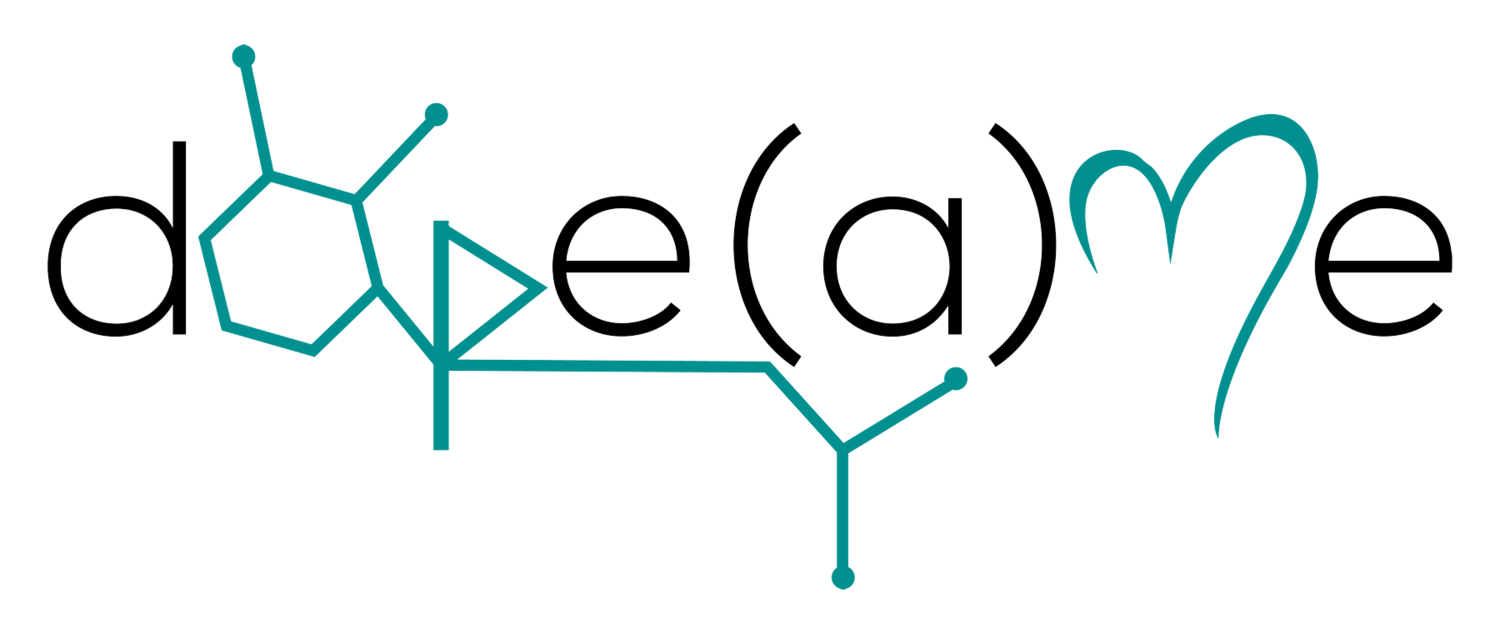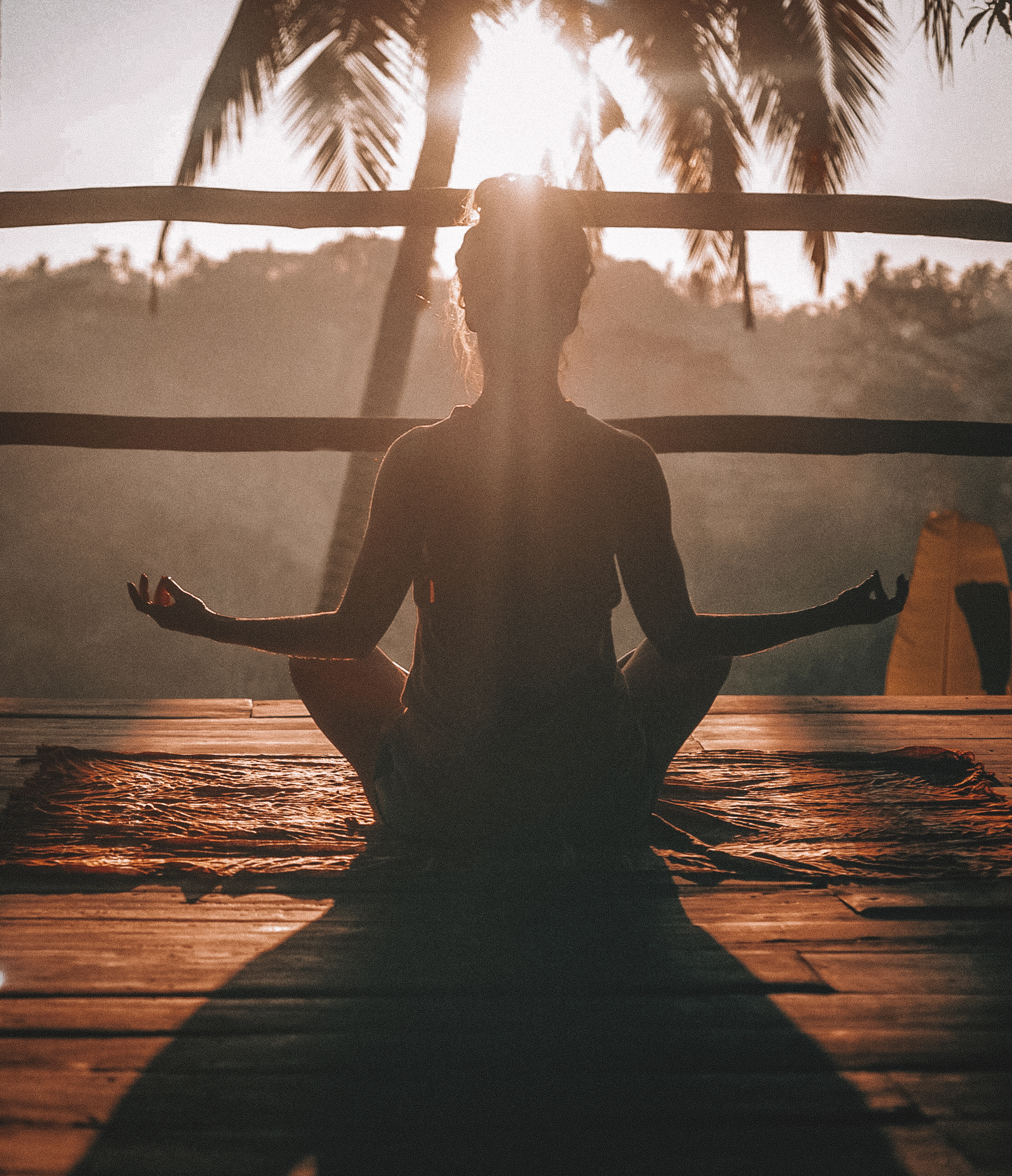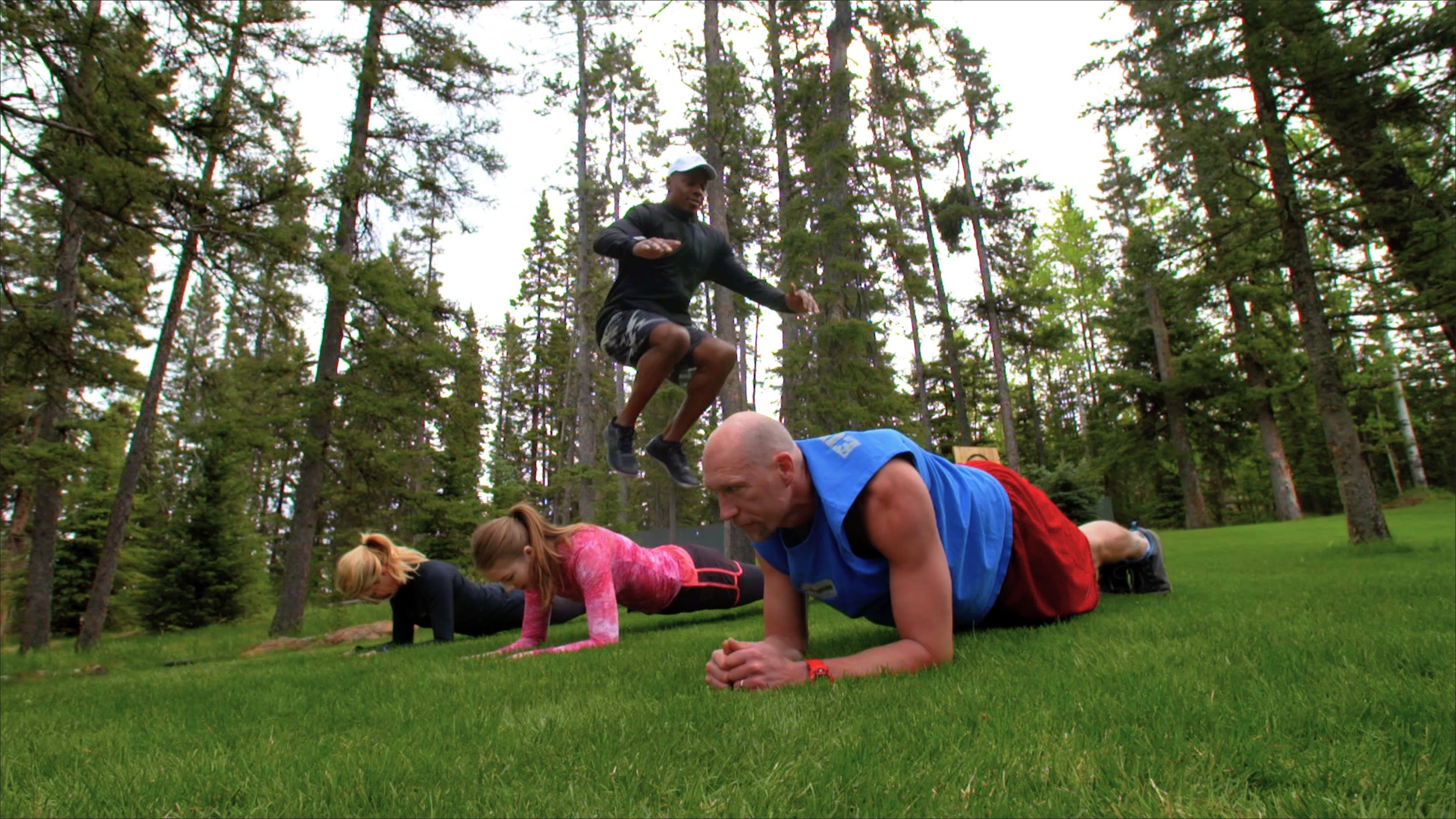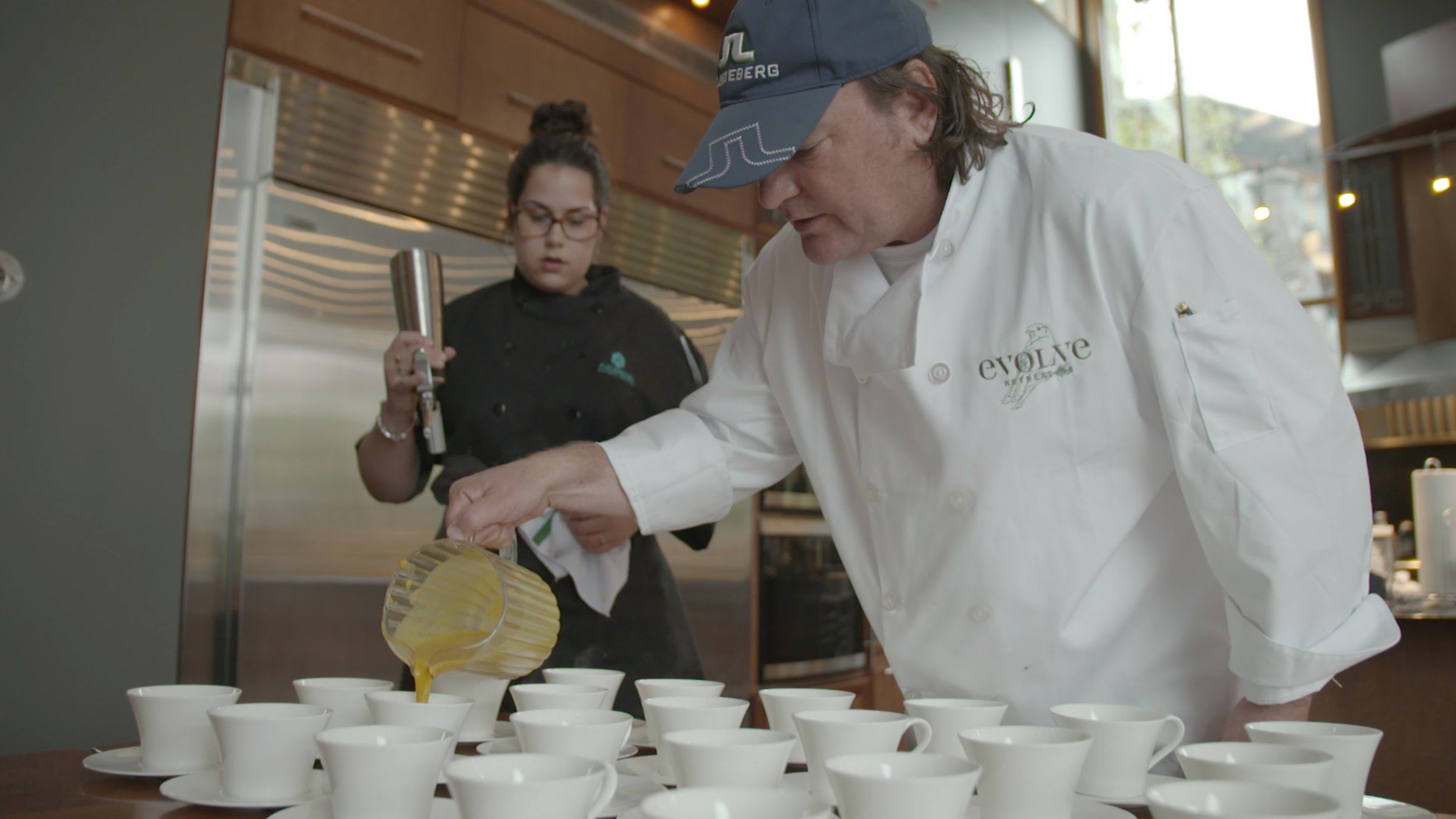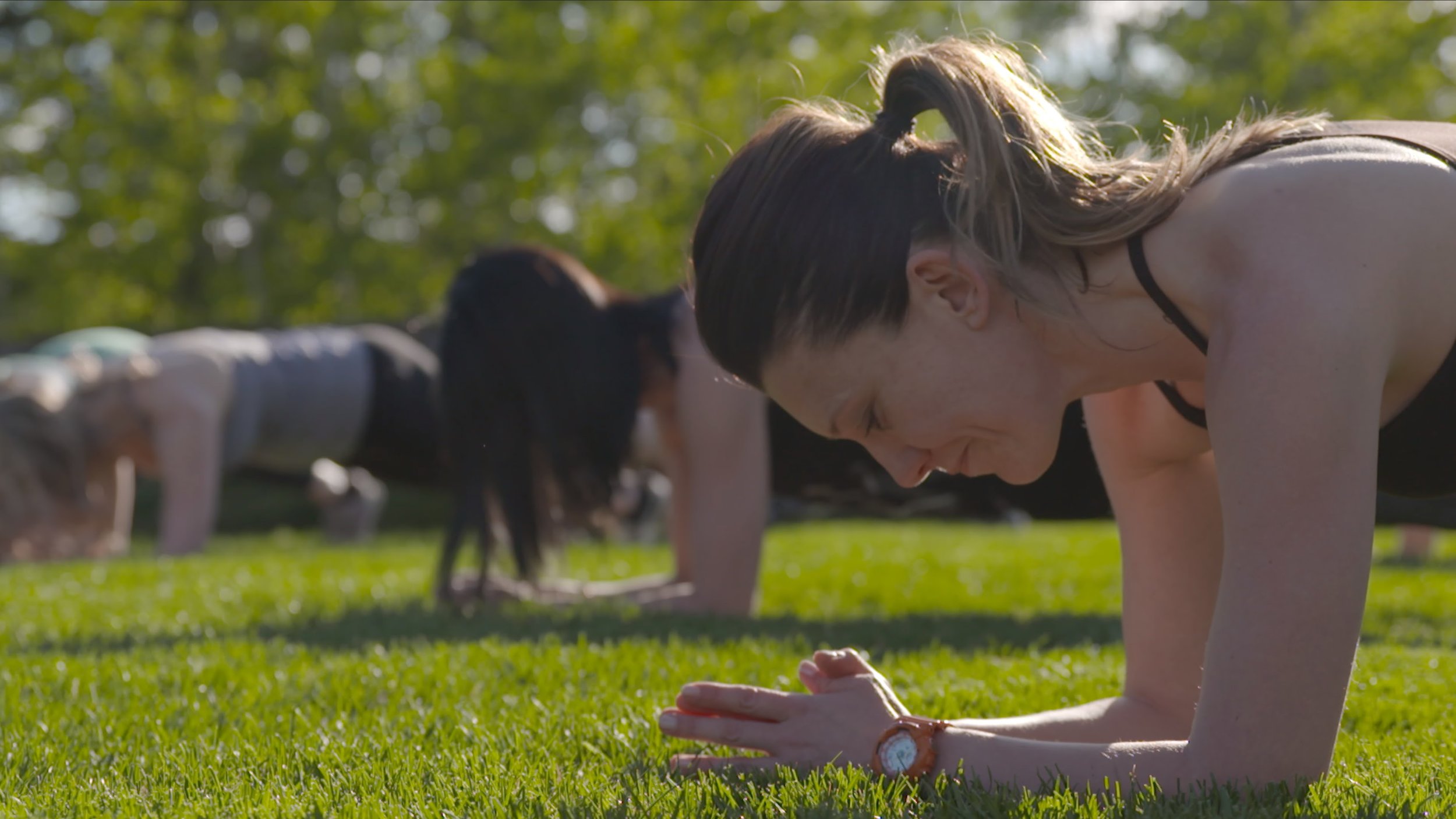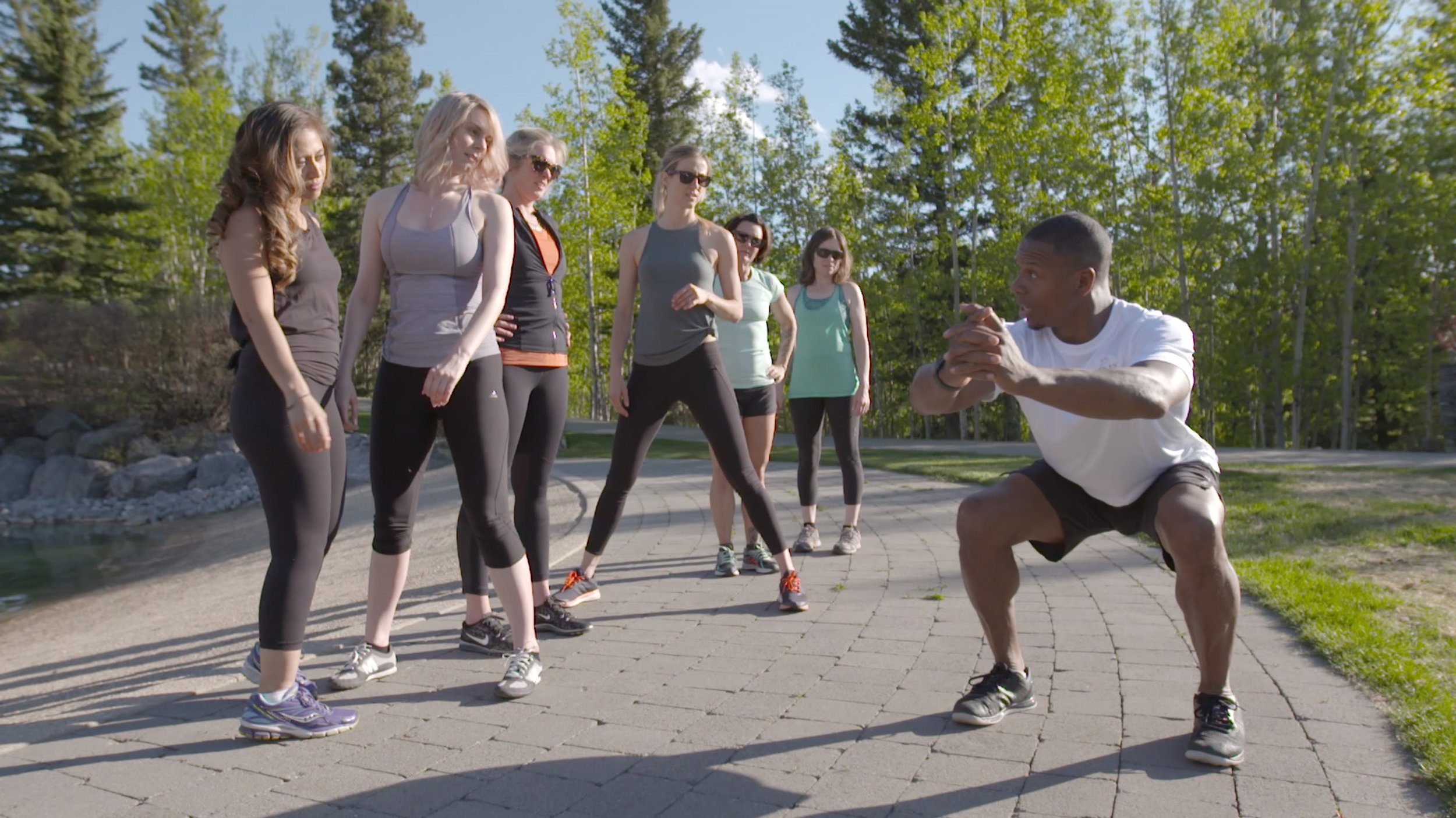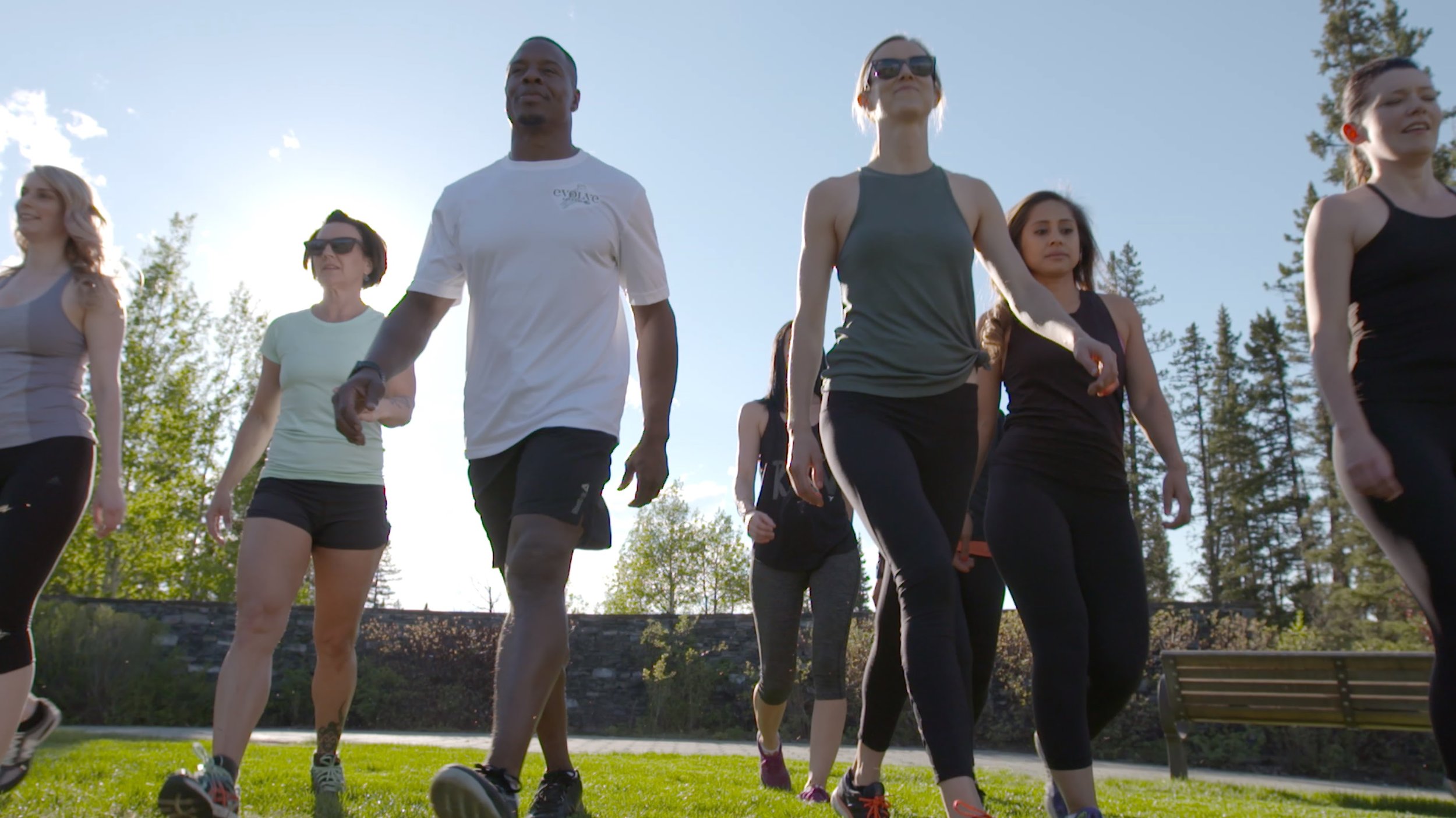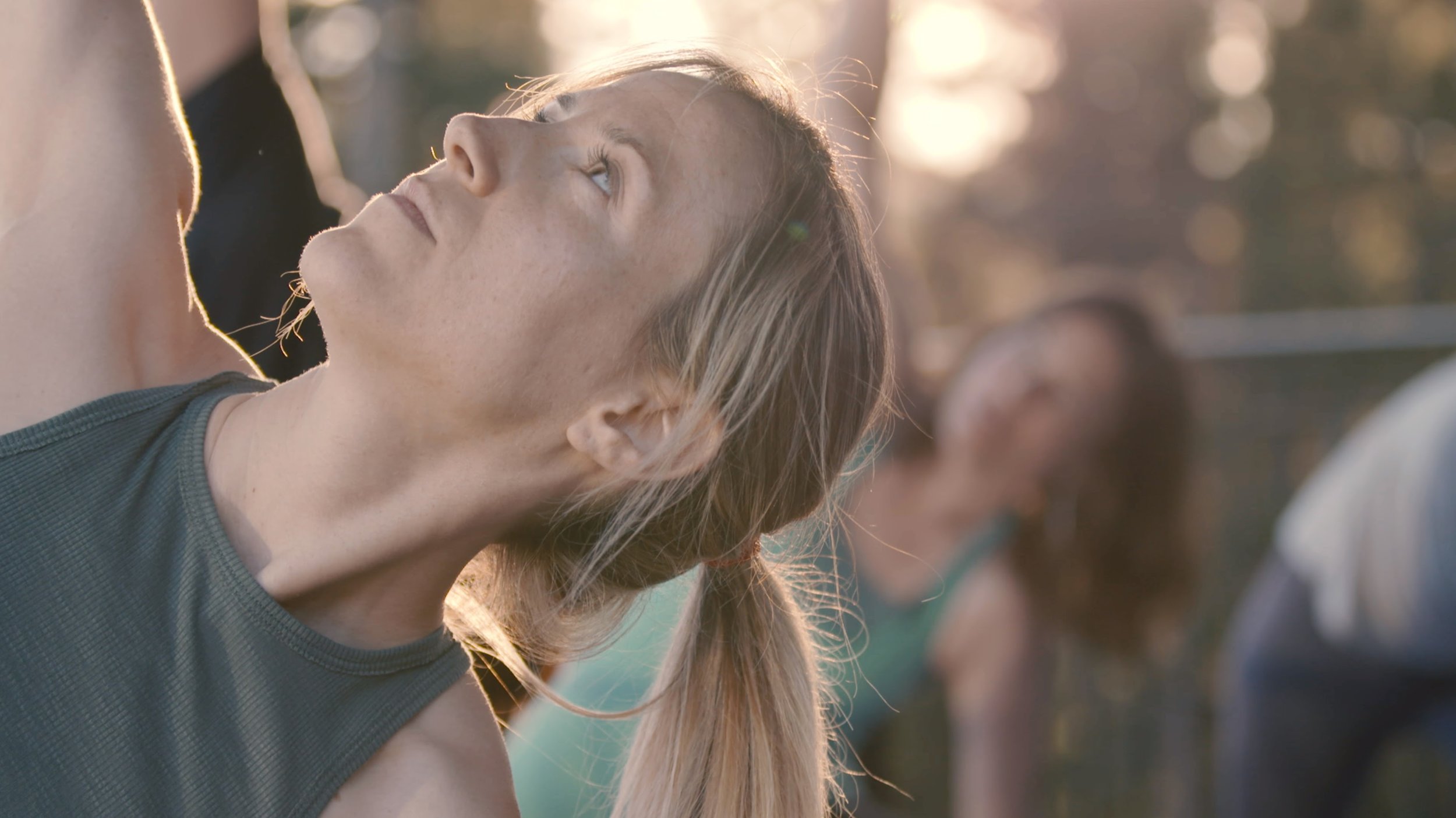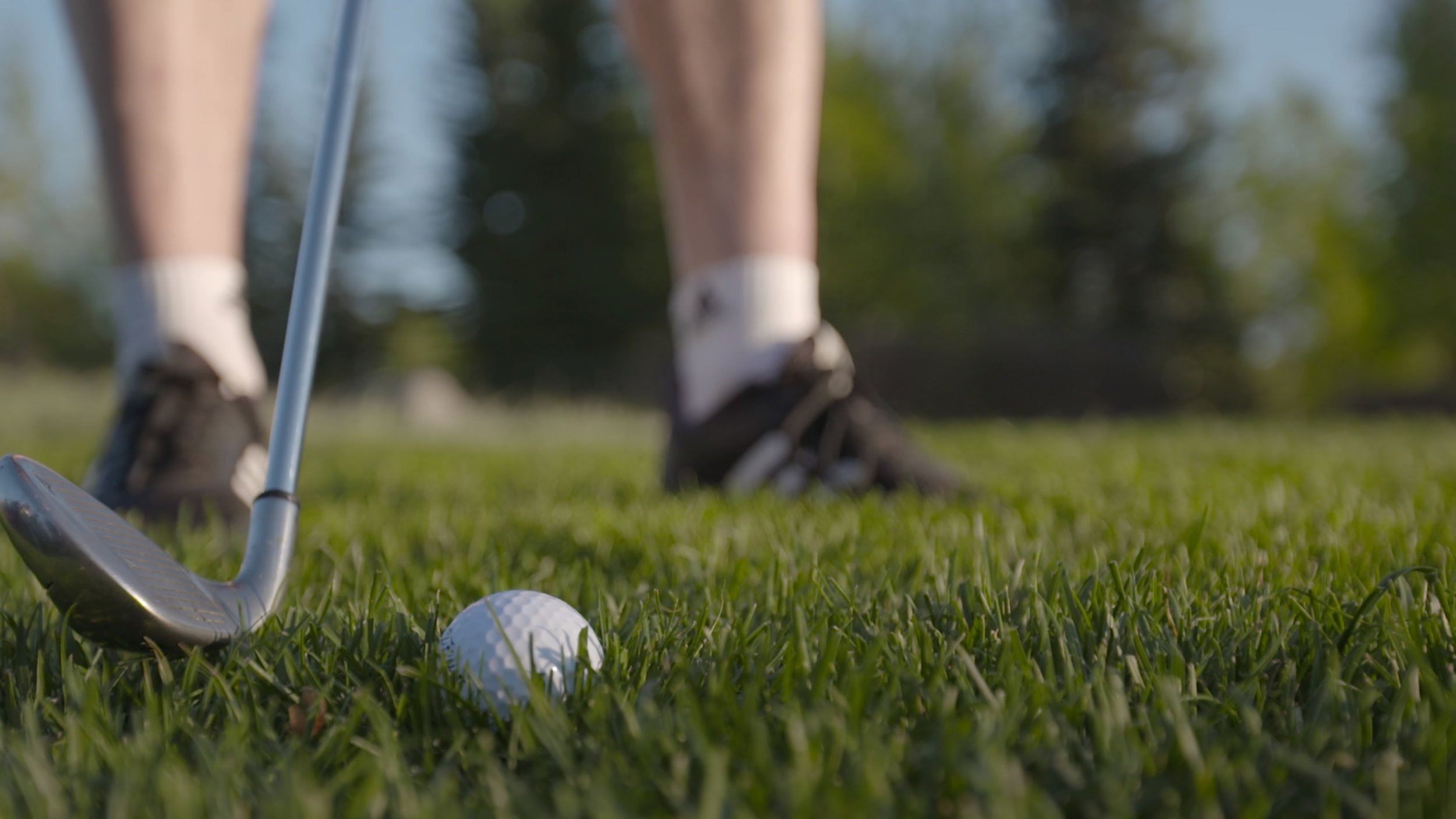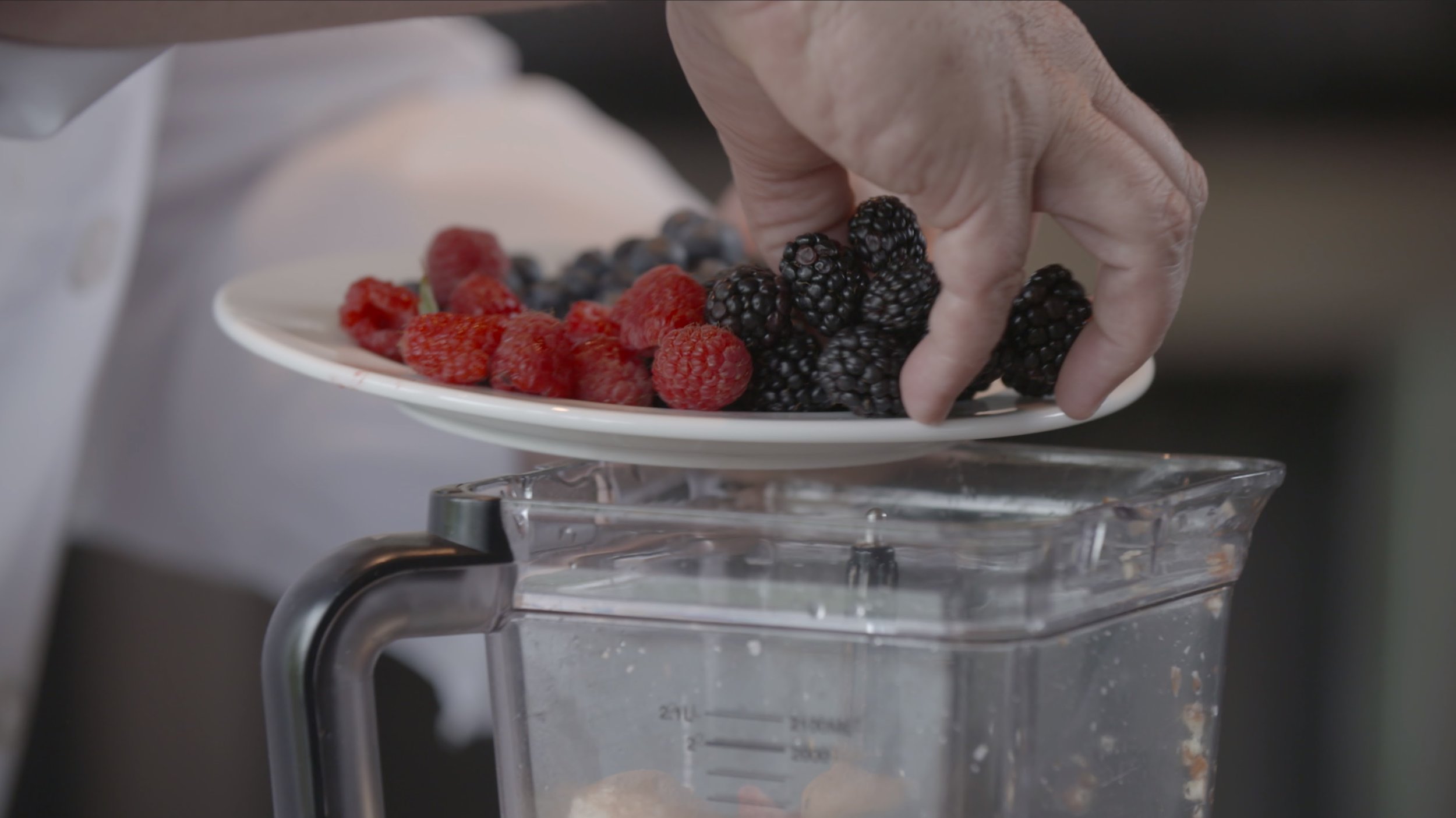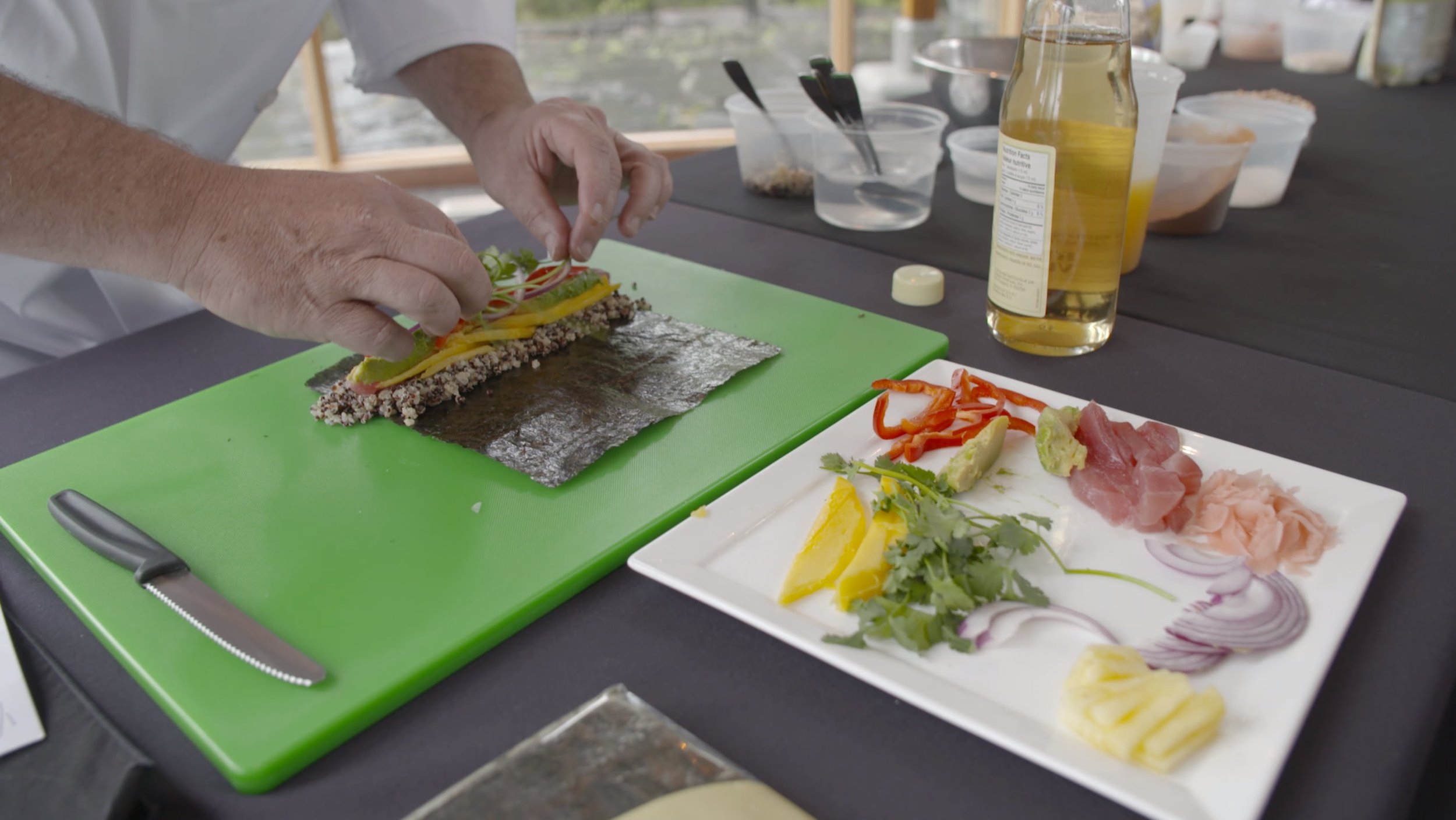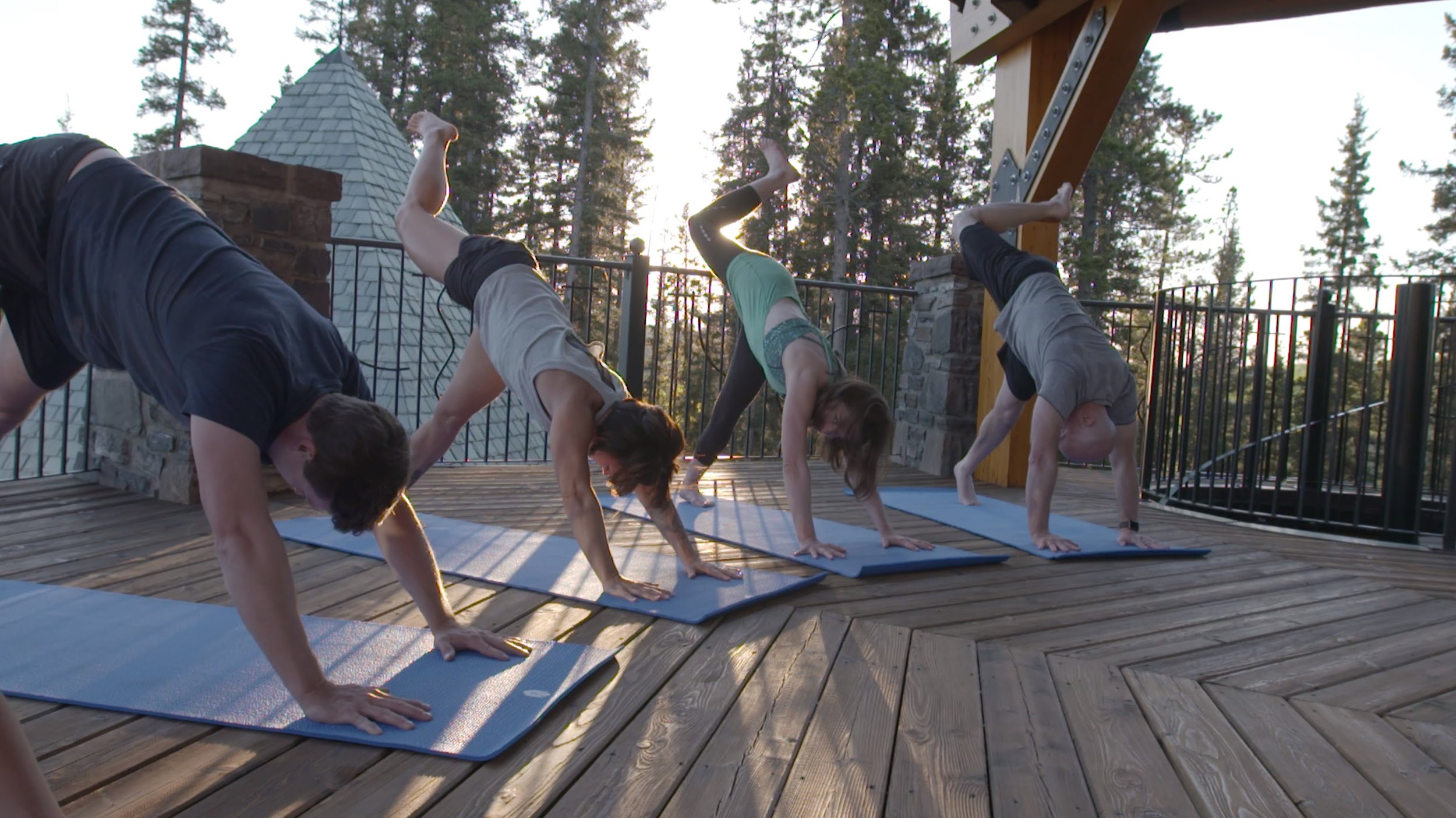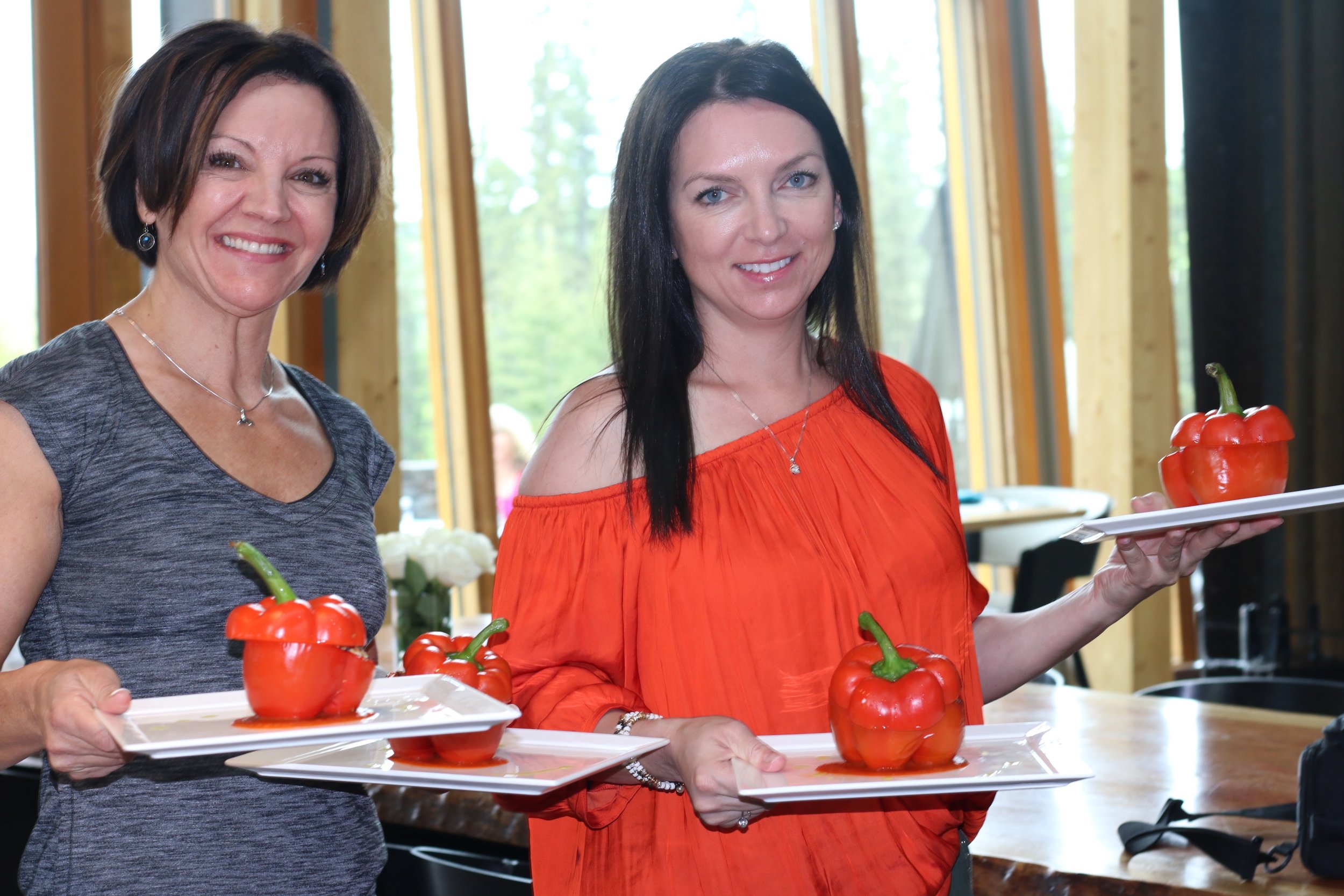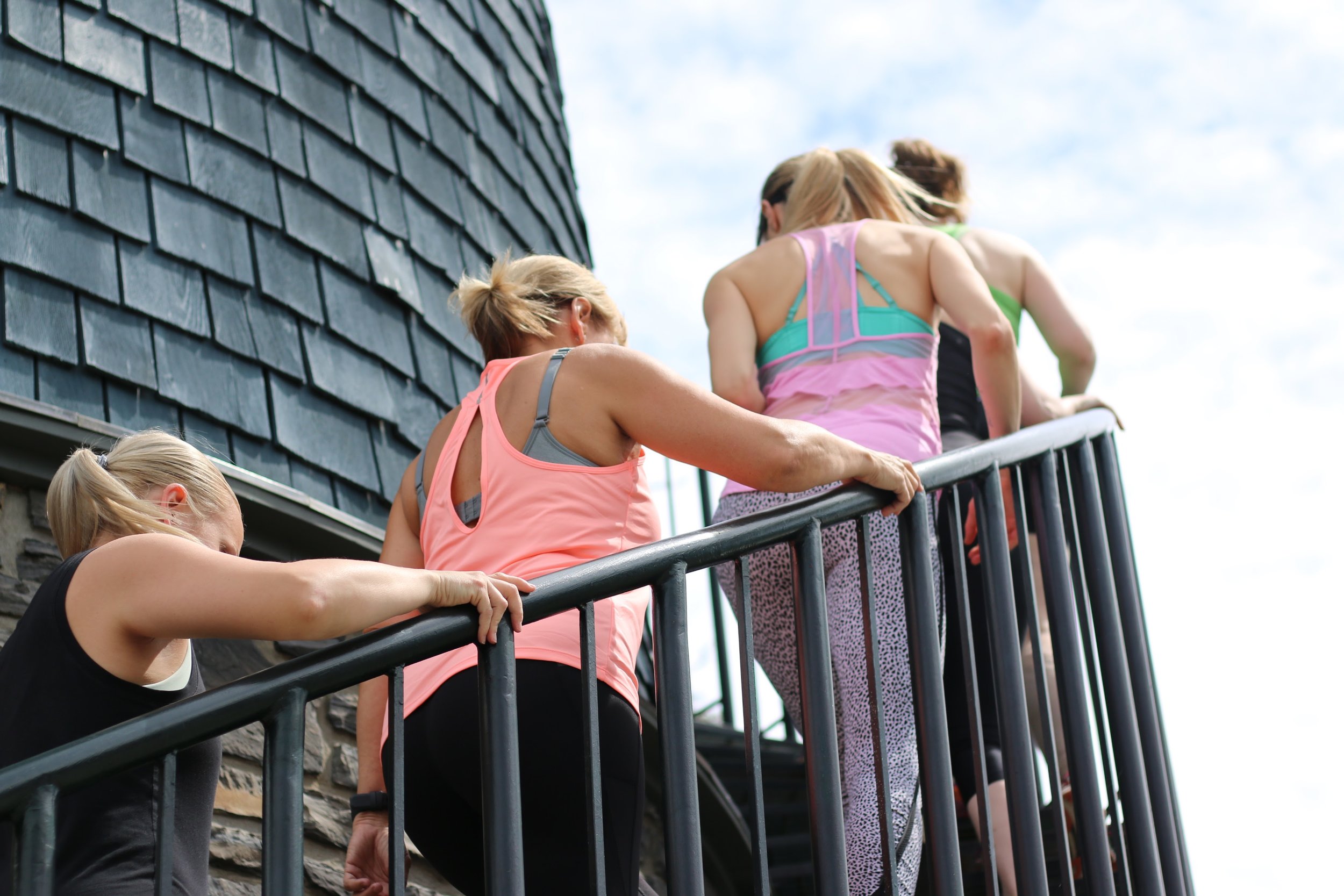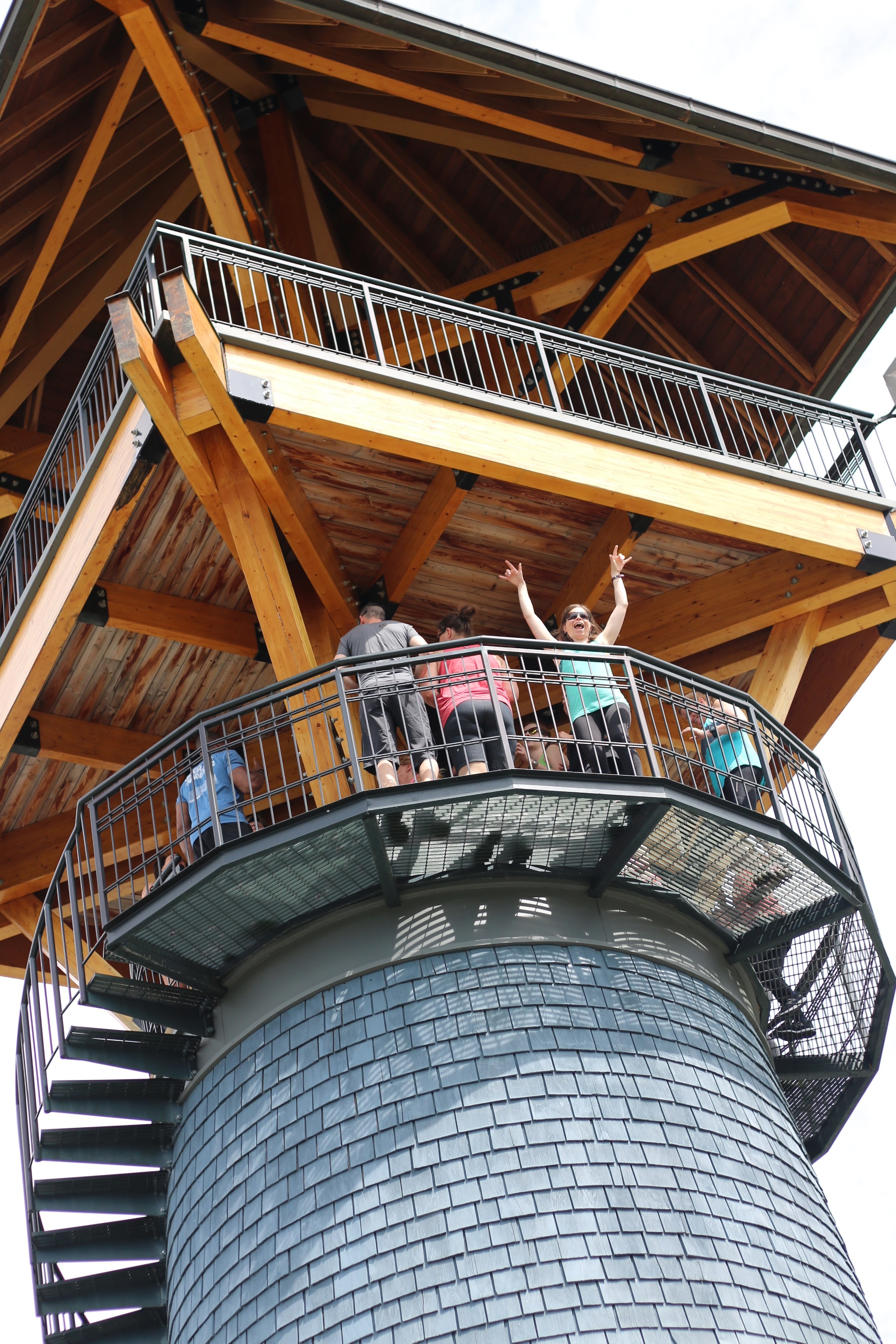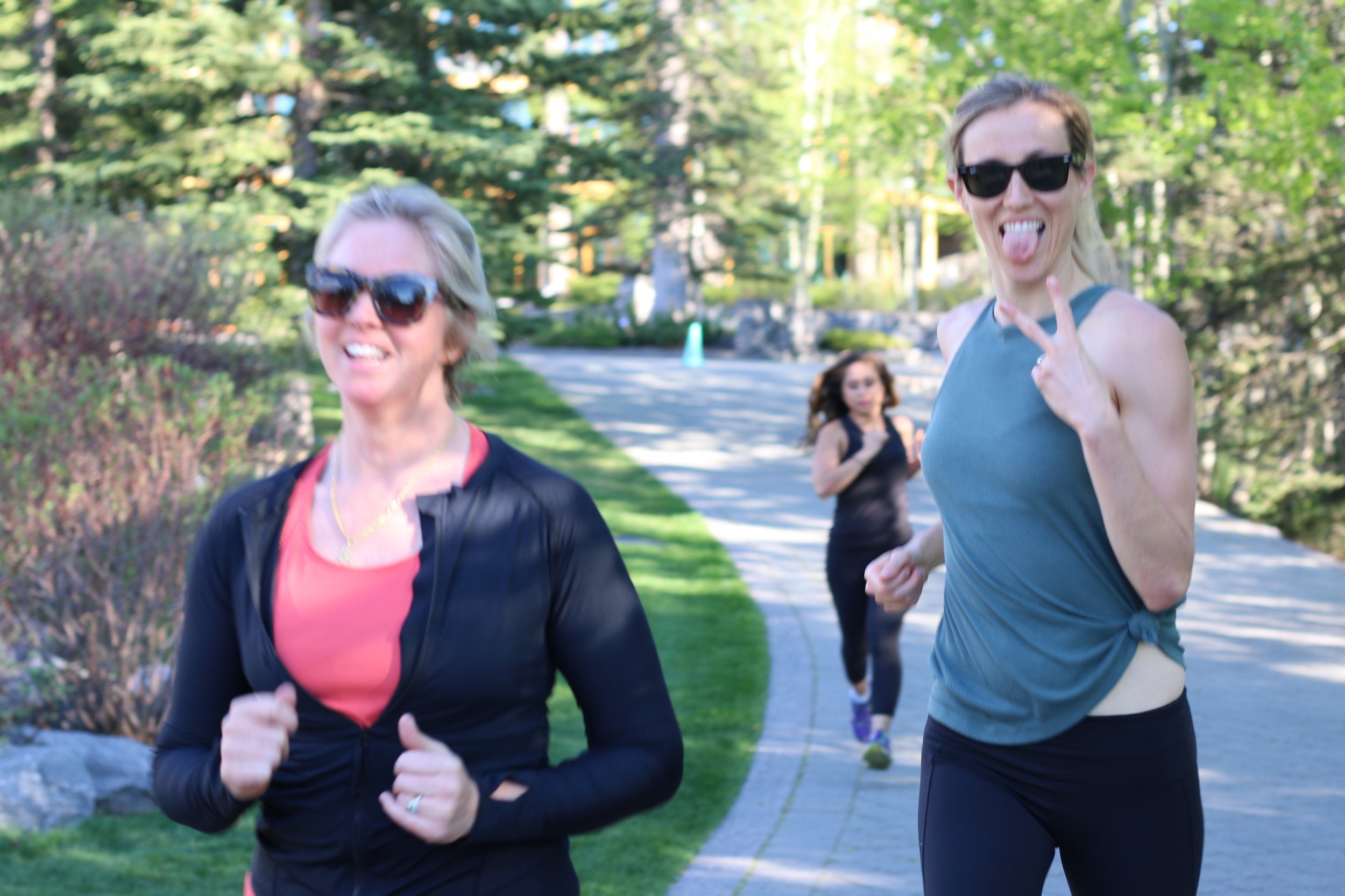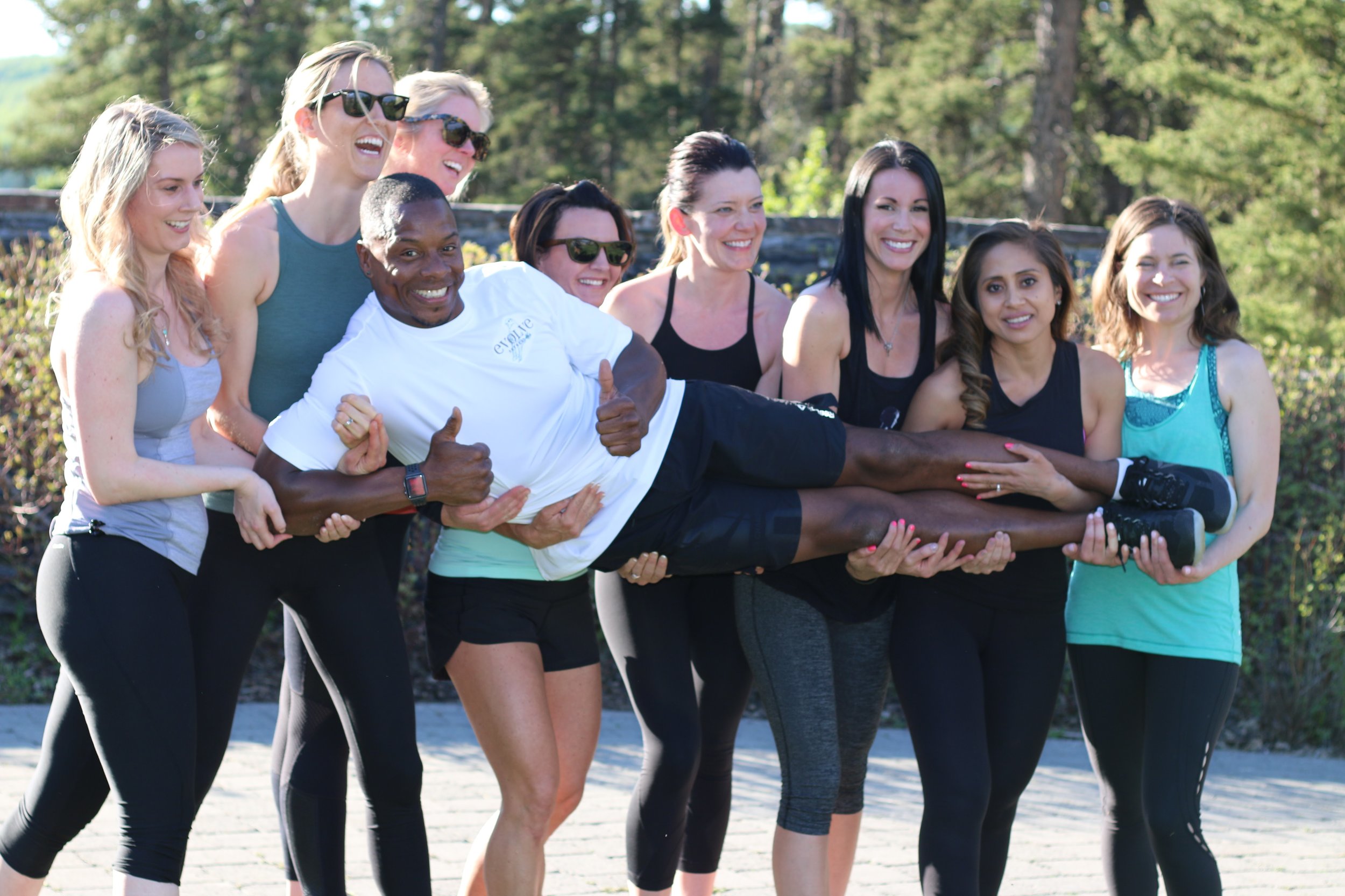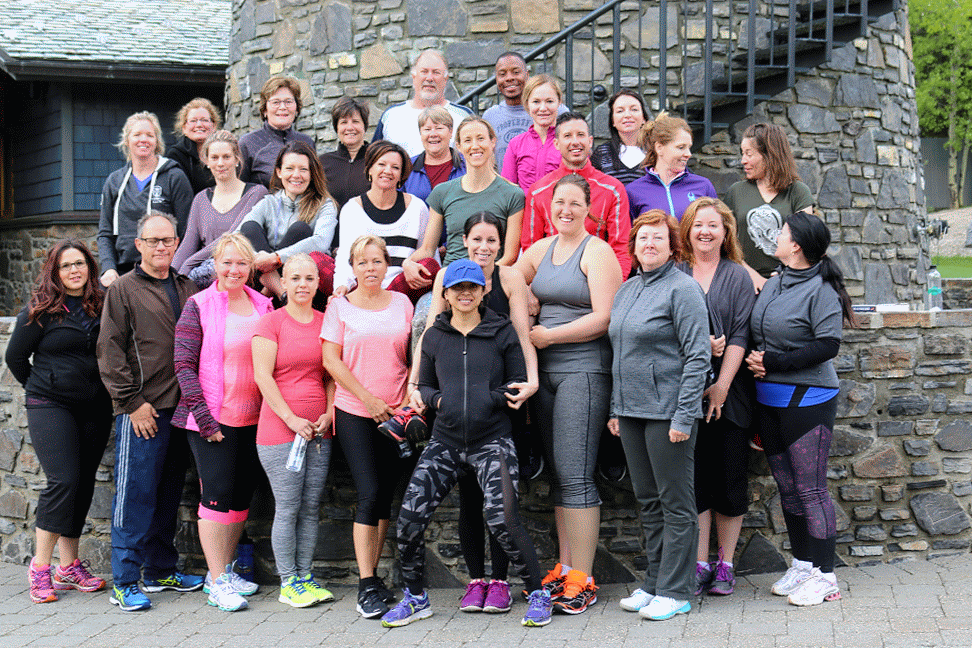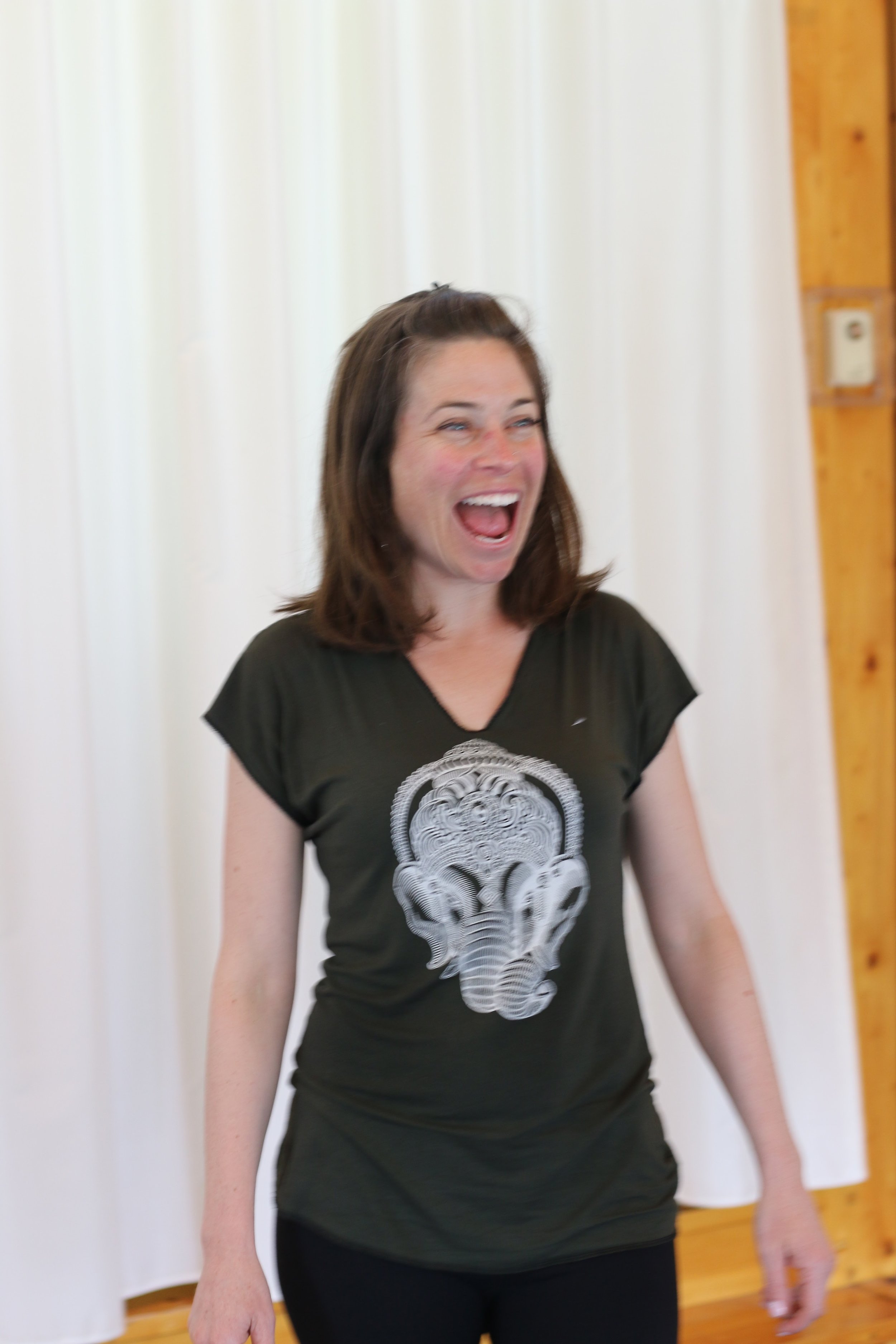5 tips to strengthen your Mental Health today!
I heard recently, we get as much stimulation in one week as a caveman - or cave woman - would take in during their entire life span. Stop and think about that for a moment. Whether you are an outlier or not, this startling statistic highlights the insane amount of stimulation we are ingesting on a daily basis in a brain that was built and evolved from the cavemen days.
Noise in the brain is like stress in the body - and too much of anything is not a good thing. I am fascinated with the pursuit of finding more ways to let go of distraction so that I can enjoy being still, rest in the space between thoughts and breath, be with myself and with the moment, and ultimately, be with the way things are. Otherwise we are just running from one thing to the next, distracting ourselves, and falling for the misconception that the happiness we seek or the peace we desire is waiting at some destination down our path. When we are constantly riding the surface-level chemical high, we never really get to our depth. You get external validation, you feel good today and then all-of-a-sudden, you’re down in the depths of despair the next moment. That is exhausting and that is how most of us live.
In honor of Bell Let’s Talk and the many mental health campaigns and events [Flow + Arrow Day Retreat] & [Evolve - yoga nidra + cello] at this time of year, let’s press pause on the roller coaster and land on some simple ideas of how we can strengthen our mental health today.
1 - Connect with yourself
It only takes 6 mindful full body breaths to completely shift your state from anxious or (on the other end of the spectrum) lethargic, into a state of groundedness and flow. Our “tunnel vision” or narrowed perspective is generally connected to Beta Brain waves - which are a bit frantic. When we slow down, get into our bodies by noticing our breath and following the expansion of the inhale and deflation of the exhale, we change our brain waves, which calms our heart rhythm, which expands our perspective and allows us to see bigger picture once again. This simple act of slowing down to truly connect with who you are now, is the most powerful thing you can do to shift your state in a moment.
2 - Get your body moving
We are built to move. Don’t get stuck on the idea that you need to workout in the gym everyday for an hour or that your movement needs to include a pool of sweat on the floor. Sure that is great for you, but even more so, we need to honor our bodies need to move as a lifestyle. Throughout your day, listen to what you body needs and offer yourself movement that feels good. Simple stretches, neck rolls, lunges, a few squats here and there, posture check-ins, spine twists, forward folds, get outside and go for a walk, stand on your sidewalk or porch and do a few sun salutations with your breath leading your movements, take the stairs, and sit on the floor to encourage yourself to keep moving rather than melting into the couch.
3 - Before you eat...stop, breathe, take a big sniff, then eat
Mindful Eating is one of the most powerful practices I have incorporated into my daily routine. Growing up as the middle child of seven kids, I developed a habit of eating fast and not slowing down until there was no food left on the table. I also had an eating disorder for many years and used food to escape, numb, mimic pleasure, celebrate, console…to name a few angles to my unhealthy relationship with food. These habits started well-intentioned, comforting me in a time of need, but clearly does not serve me as an adult who would love time and energy for other things.
What I learned? The simple pause to smell my food before I take a sip of my yummy coffee or take the first bite of my food is all it takes to change my food experience. Pause, take a deep breath in and out, then take a big smell of your food and notice your salivary glands light up. The process of digestion and absorption is now ready, so dig in! Put down your fork or spoon occasionally, and just chew and enjoy. Notice how the food feels in your body.
Intuitive and mindful eating will direct you towards the foods that feel good and you will notice more readily when you eat something that might not be what your body needs or wants at this phase of your life.
4 - Do something for someone else
One of the best ways we can get out of our head or struggles, is to focus on serving others. Big or small; these are random acts of kindness, compassionate gestures, love letters, positive feedback, celebratory acknowledgements, offers of support, a high five, a big hug, a patient listening ear, or a shoulder to cry on. Simply put, see love in others. When we focus our attention on others and look for ways to lighten the load or brighten someone’s day, suddenly our own struggles don’t feel as big. You’re system is built to respond positively to social bonds and loving companionship: we get a juicy boost of happy chemicals when we foster loving connections to those around us.
“It is our hypocrisy and self-focus that drains us. When we become purpose-centered, internally directed, other-focused, and externally open, we discover energy we didn’t know we had.” - Robert E Quinn
5 - Develop an evening routine to support your sleep hygiene
One of our basic needs is sleep - I know, easier said than done. While it may take a few tries to land on an evening routine that supports your sleep habits, it is definitely worth the time and effort. Here are some simple things to try tonight….
Decide what time you will plug in your phone and keep it out of your hands for the rest of the evening
Before you shut down and head to bed, get down on the floor (with the tv on or your family nearby) and move slowly through some hip and shoulder stretches while consciously slowing and deepening your breath
Have a warm shower or bath
Pull out a notebook and write out three things you’re grateful for, three things you’re proud of, and what you need to release and allow tomorrow-you to handle
Once in bed, oscillate your head slowly side to side - as if you are rocking your brain in the cradle of the fluid in your skull
If/when your thoughts about the day begin to roll through your mind, rest easy knowing this is an important part of your brain hygiene. Your mind naturally reflects and integrates the day so that it can begin the long and short term storage process that happens over night. So don’t fight it, just notice it. Keep guiding your attention back to your breath and the feeling of you body laying in bed
I hope you take some time to implement and practice these steps. Your mental health is a product of what you do and think about all day long. Change up some patterns and routines and you will notice a huge change in your mental health strength.
Interested in learning more and experiencing mental health strength training in person??
Check out the Evolve Retreat Co day of wellness on February 2 & the Yoga Nidra & Cello evening practice
Join Lucy Dunne and I at Flow + Arrow day retreat, on February 9
Movement & Motivation with Marin and Tommy Europe on May 28
Thanks for reading! Reach out if you have questions or requests for resources or support xox
